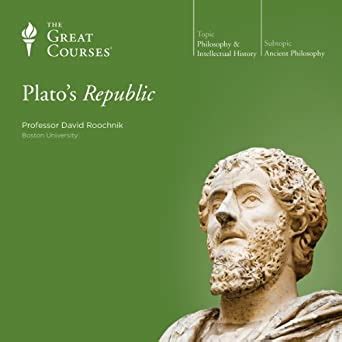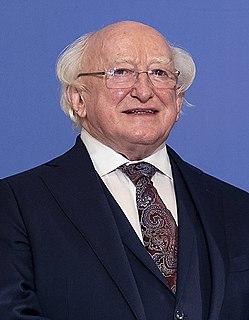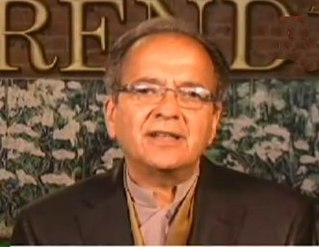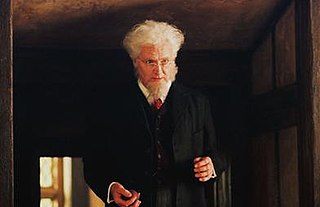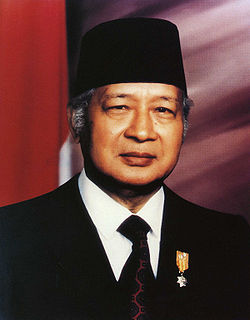Top 1200 Plato's Republic Quotes & Sayings
Explore popular Plato's Republic quotes.
Last updated on October 22, 2024.
If Aristotle, Livy, and Harrington knew what a republic was, the British constitution is much more like a republic than an empire. They define a republic to be a government of laws, and not of men. If this definition is just, the British constitution is nothing more or less than a republic, in which the king is first magistrate. This office being hereditary, and being possessed of such ample and splendid prerogatives, is no objection to the government's being a republic, as long as it is bound by fixed laws, which the people have a voice in making, and a right to defend.
You may ask what kind of a republic I dream of. Let me reply: I dream of a republic independent, free, and democratic, of a republic economically prosperous and yet socially just; in short, of a humane republic which serves the individual and which therefore holds the hope that the individual will serve it in turn. Of a republic of well-rounded people, because without such it is impossible to solve any of our problems, human, economic, ecological, social, or political.
I am Plato's Republic. Mr. Simmons is Marcus. I want you to meet Jonathan Swift, the author of that evil political book, Gulliver's Travels! And this other fellow is Charles Darwin, and-this one is Schopenhauer, and this one is Einstein, and this one here at my elbow is Mr. Albert Schweitzer, a very kind philosopher indeed. Here we all are, Montag. Aristophanes and Mahatma Gandhi and Gautama Buddha and Confucius and Thomas Love Peacock and Thomas Jefferson and Mr. Lincoln, if you please. We are also Matthew, Mark, Luke, and John.
Modern man, seeking a middle position in the evaluation of sense impression and thought, can, following Plato , interpret the process of understanding nature as a correspondence, that is, a coming into congruence of pre-existing images of the human psyche with external objects and their behaviour. Modern man, of course, unlike Plato , looks on the pre-existent original images also as not invariable, but as relative to the development of a conscious point of view, so that the word "dialectic" which Plato is fond of using may be applied to the process of development of human knowledge.
Did I say "republic?" By God, yes, I said "republic!" Long live the glorious republic of the United States of America. Damn democracy. It is a fraudulent term used, often by ignorant persons but no less often by intellectual fakers, to describe an infamous mixture of socialism, graft, confiscation of property and denial of personal rights to individuals whose virtuous principles make them offensive.
Ways of loving from a distance, mating without even touching-Amor platonicus! The ladder of love one is expected to climb higher and higher, elating the Self and the Other. Plato clearly regards any actual physical contact as corrupt and ignoble because he thinks the true goal of Eros is beauty. Is there no beauty in sex? Not according to Plato. He is after `more sublime pursuits.' But if you ask me, I think Plato's problem, like those of many others, was that he never got splendidly laid.
...why did Plato say that poets should be chased out of the republic? Precisely because every poet and every artist is an antisocial being. He's not that way because he wants to be; he can't be any other way.... and if he really is an artist it is in his nature not to want to be admitted, because if he is admitted it can only mean he is doing something which is understood, approved, and therefore old hat - worthless. Anything new, anything worth doing, can't be recognized.
Plato--who may have understood better what forms the mind of man than do some of our contemporaries who want their children exposed only to "real" people and everyday events--knew what intellectual experience made for true humanity. He suggested that the future citizens of his ideal republic begin their literary education with the telling of myths, rather than with mere facts or so-called rational teachings.
Socrates: Have you noticed on our journey how often the citizens of this new land remind each other it is a free country? Plato: I have, and think it odd they do this.Socrates: How so, Plato?Plato: It is like reminding a baker he is a baker, or a sculptor he is asculptor.Socrates: You mean to say if someone is convinced of their trade, they haveno need to be reminded.Plato: That is correct.Socrates: I agree. If these citizens were convinced of their freedom, they would not need reminders.
Indeed, the very first acknowledgment (as far as I am aware) of the attraction of mutilated bodies occurs in a founding description of mental conflict. It is a passage in The Republic, Book IV, where Plato’s Socrates describes how our reason may be overwhelmed by an unworthy desire, which drives the self to become angry with a part of its nature.
While the poet entertains he continues to search for eternal truths, for the essence of being. In his own fashion he tries to solve the riddle of time and change, to find an answer to suffering, to reveal love in the very abyss of cruelty and injustice. Strange as these words may sound I often play with the idea that when all the social theories collapse and wars and revolutions leave humanity in utter gloom, the poet--whom Plato banned from his Republic--may rise up to save us all.
In America, we do not have a democracy. It's not what we have. We have a representative republic and therefore the rules and regulations that have been written to maintain it are not truly democratic - not purely democratic - in origin. They are about protecting and defending the establishment of this republic.
That's the issue that I've been exploring: How did the Republic turn into the Empire? That's paralleled with: How did Anakin turn into Darth Vader? How does a good person go bad, and how does a democracy become a dictatorship? It isn't that the Empire conquered the Republic, it's that the Empire is the Republic.
We still have our people working in the cane fields in the Dominican Republic. People are still repatriated all the time from the Dominican Republic to Haiti. Some tell of being taken off buses because they looked Haitian, and their families have been in the Dominican Republic for generations. Haitian children born in the Dominican Republic still can't go to school and are forced to work in the sugarcane fields.
Through Plato, Aristotle came to believe in God; but Plato never attempted to prove His reality. Aristotle had to do so. Plato contemplated Him; Aristotle produced arguments to demonstrate Him. Plato never defined Him; but Aristotle thought God through logically, and concluded with entire satisfaction to himself that He was the Unmoved Mover.
















